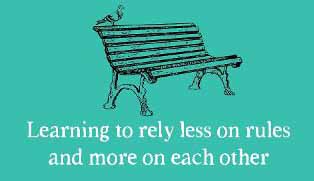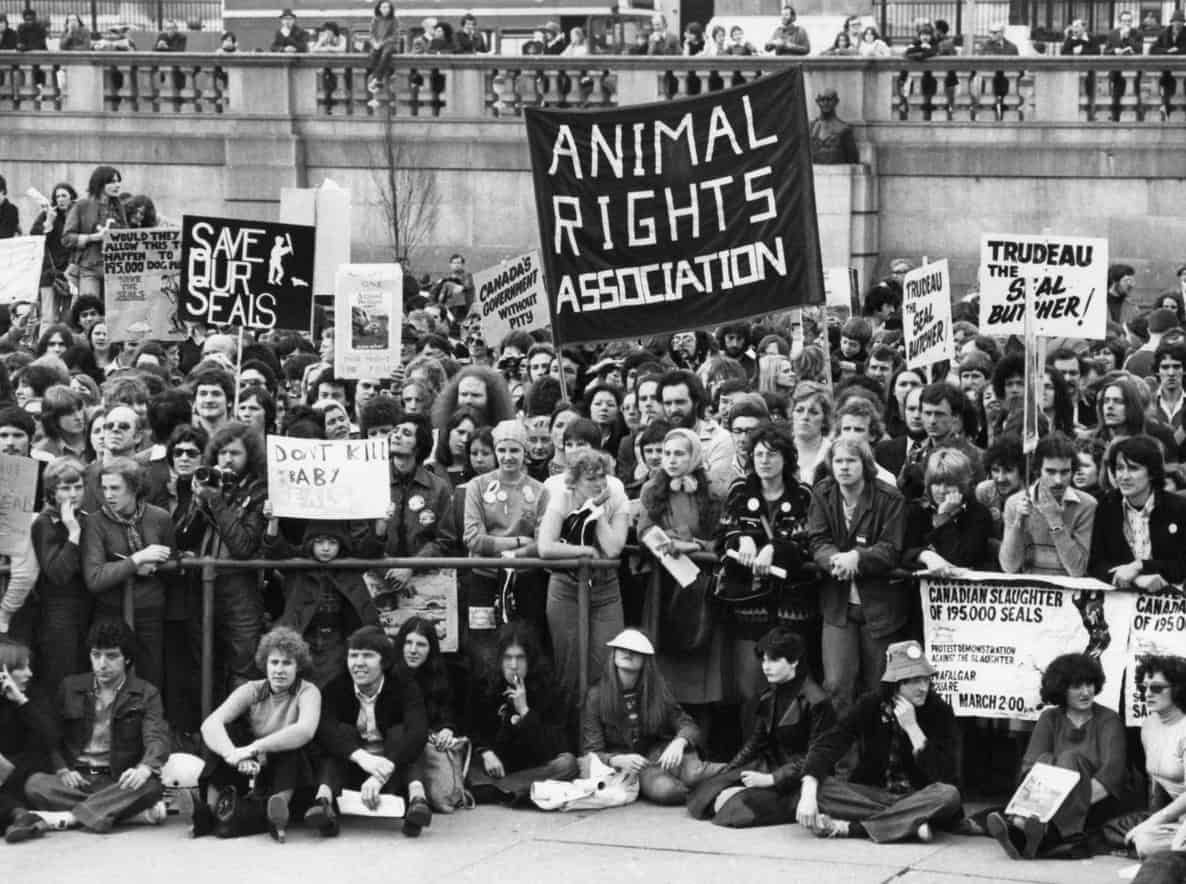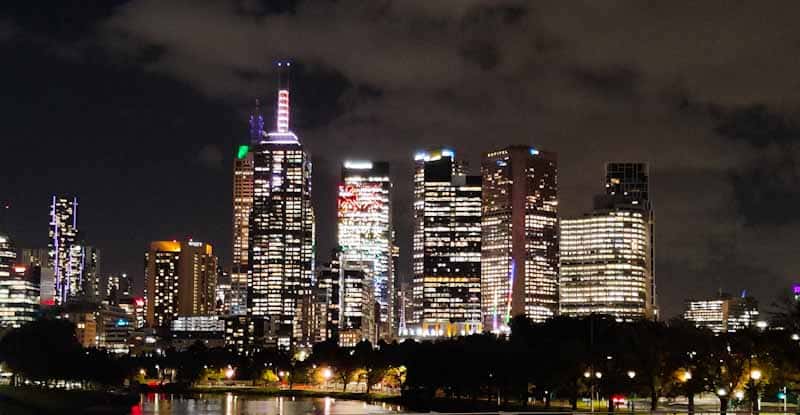Most submissions to the inquiry into Sentencing Occupational Health and Safety Offences in Victoria are now publicly available. They raise a lot of different issues and some grumbles even though the Sentencing Advisory Council provided some structure to the topics it wanted addressed.
A major purpose of any penalty is to deter harmful and damaging actions from being repeated. SAC reiterates that any sentence
- deters the offender and others from committing similar offences;
- punishes the offender in a just manner;
- facilitates the rehabilitation of the offender;
- denounces the behaviour that the offender engaged in, and
- protects the community from the offender. (page 7)
The CFMEU’s Dr Gerry Ayers opens his submission with Deterrence by quoting Gunningham and Johnstone from 1999, who wrote:







